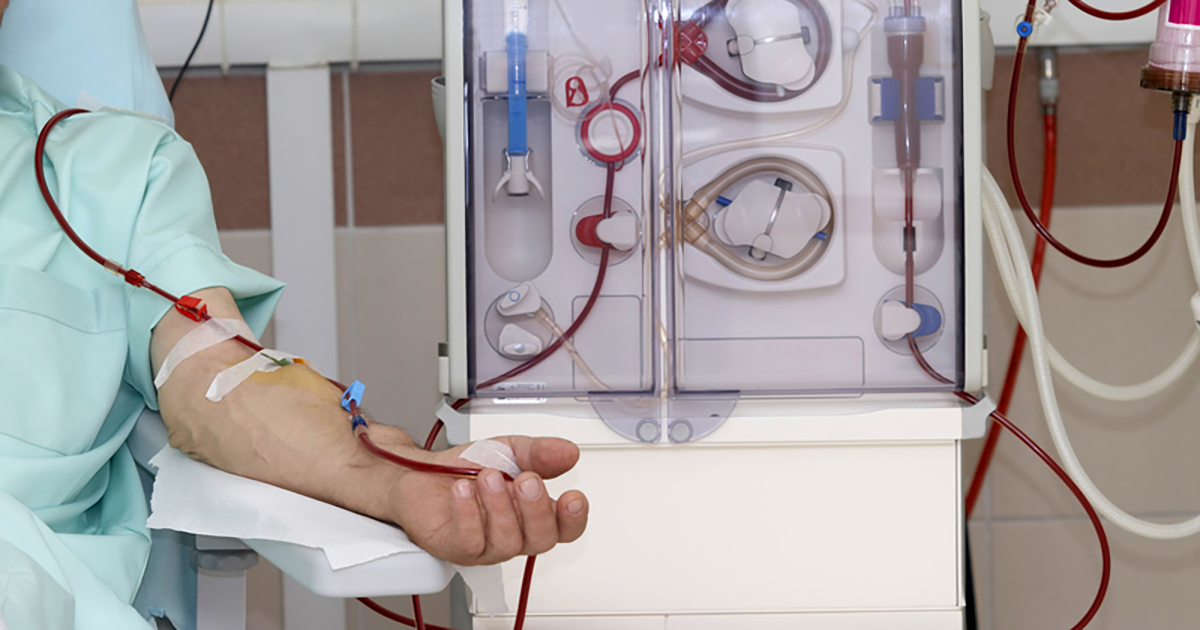The Different Ways To Treat Hypercalcemia
Dialysis
The kidneys are typically responsible for filtering the extra calcium from the blood, but when they get damaged, calcium levels greatly build up. In these circumstances, patients might need a medical treatment that involves using a machine to filter out the extra calcium from the blood. It is normally only a treatment used if the kidneys are not functioning and the doctor cannot treat whatever underlying problem is causing hypercalcemia. Dialysis will be performed at a center typically, though it is possible to schedule in-home usage of the machine. When undergoing dialysis, patients will be attached to the machine with a tube similar to the ones used for IVs. Blood will then circulate through the machine, where calcium is removed, and enter back into the patient's body. It typically takes three to four hours for the machine to thoroughly clean your blood. Most patients who have severe enough kidney damage to require dialysis will need treatment roughly three times per week.
Read more to reveal additional treatments for hypercalcemia.
Changes In Diet And Fluid Intake

Not all causes of hypercalcemia are dangerous things like cancer or hyperparathyroidism. What you eat and drink can end up affecting calcium levels. The third most common cause of hypercalcemia is simply due to excessive doses of calcium carbonate. Patients may be able to treat their hypercalcemia simply by eating less calcium. Try to minimize calcium intake in foods and supplements. Dehydration can also cause hypercalcemia because when you have lower amounts of fluid in your blood, calcium and other minerals will become more concentrated. Be sure to drink at least eight cups of water each day. Even if you do have another underlying condition causing your hypercalcemia, it is still a good idea to make changes in your diet and fluid intake. Avoiding dehydration and excessive calcium intake can help to keep your condition from getting worse.
Get to know more ways in which hypercalcemia can be treated.
